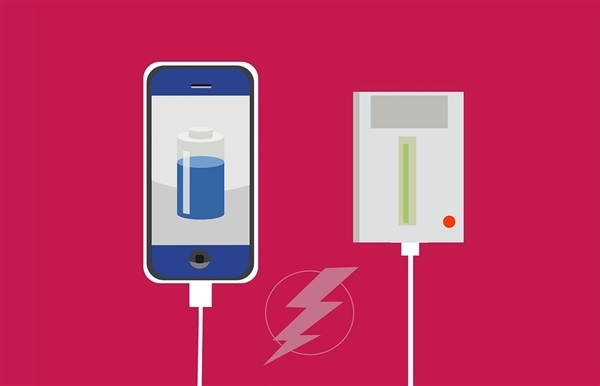Research by the Georgia Institute of Technology back in 2013 discovered that it was possible to load malware onto the iPhone charging adapter and in turn compromise the security of the iOS device, regardless of whether or not the phone was jailbroken or if the user even took any action on the phone. Apparently, implanting malware on smartphones isn’t possible through the adapter alone but also via a shared power bank.
China’s Cybersecurity Bureau of the Ministry of Public Security recently sent out a warning via its official WeChat account that phone users should beware of the trap of shared power banks around them. The agency added that shared mobile power banks may be implanted with a Trojan Horse program. Thus, once it is plugged into a mobile phone, personal information may be stolen.
According to security experts, such malicious power banks have two general purposes. One is to steal information on the user’s mobile phone, such as photos, videos, phone numbers, text messages, invading the users’ privacy. The other purpose is the implantation of Trojan Horses or other malicious programs. Once a user’s mobile phone is implanted with a Trojan horse or malicious program, it can steal data from the user’s mobile phone for a long time in the future, download malicious programs for advertising, and even use the user’s mobile phone to perform other malicious activities. Among the two purposes, the second one is particularly serious, which literally puts the control of your mobile phone in the hands of a third party.
The best way to prevent this danger is to avoid sharing power banks in public. Where possible, always move with your own power bank. But if you mush share power bank, try to choose regular channels in public places to share power banks and products provided by big-brand service providers. Avoid using power banks from unknown sources and niche brands, especially free products. This also applies to buying a new power bank.
Secondly, Android phone users should try not to turn on the “Developer Mode”, as it is more vulnerable to attacks.
Furthermore, when using shared power banks and other third-party devices, pay attention to the prompts of the mobile phone. If similar prompts such as “Trust this device” appear on the mobile phone, be sure to be vigilant. Once you select “Yes”, The third-party device has the authority to operate the mobile phone, which can easily cause user data leakage or be implanted with Trojan Horses.
UP NEXT: Memory/SSD giant ADATA launches a smart Electric Tricycle with a range of 100km
(via)







